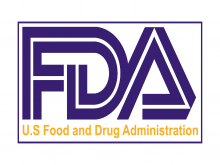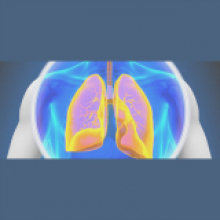The first clinical study of Rimeporide in boys with Duchenne Muscular Dystrophy (DMD), the RIM4DMD study, has been completed. The study examined the safety, tolerability and pharmacokinetic of Rimeporide, in patients aged 6 to 11 years affected by DMD. Effects on serum and imaging biomarkers were also explored. This RIM4DMD study started in March 2016 in 4 clinical centres in Europe: San Raffaele Hospital (Milano, Italy), Armand Trousseau Hospital/ I-motion (Paris, France), Great Ormond Street Hospital (London, UK) and Santa Creu i Sant Pau Hospital (Barcelona, Spain). The enrolment of 20 patients was completed in December 2017.
The patients received Rimeporide orally for 4 weeks. 4 dose levels were tested, in 4 ascending cohorts with 5 patients taking the drug at each dose level. The decision to progress to the next higher dose was made after review of safety and tolerability data for the preceding dose by an independent Safety Monitoring Committee (SMC).
Good tolerability was demonstrated in all dose cohorts, confirming the results obtained previously in adult subjects. Detailed analysis of the study results is ongoing.
EspeRare is engaging discussions with key opinion leaders in neuromuscular diseases and cardiomyopathy in order to design a phase II /III study which should start at the end of 2018/early 2019, depending on funding.
EspeRare would like to thank the patients and their family for their participation, all the clinicians and clinical sites’ staff for all the work done, as well as the patients organisations for their scientific and financial support, e.g. AFM-Téléthon, Altrodomani Onlus association in Italy, Duchenne Parent Project Italy and Duchenne Parent Project Spain.







